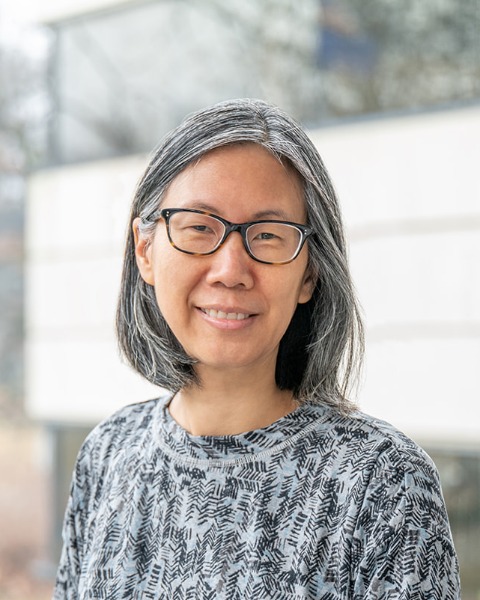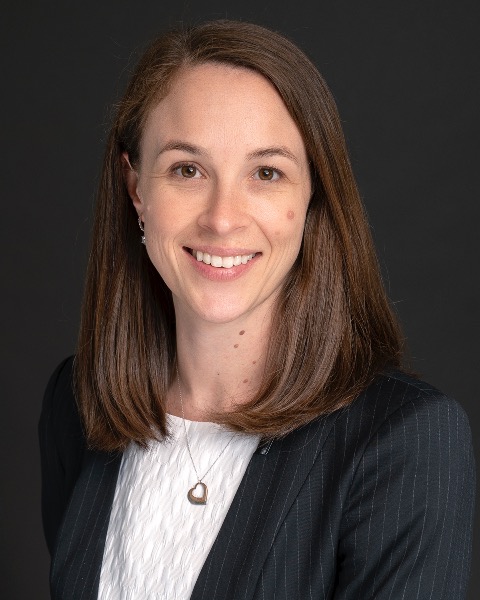Biotherapies, Cellular Therapies, and Immunotherapies
Management of Hematotoxicity from Immune Effector Cell Therapy and Sickle Cell Disease Gene Therapy
-

Patricia Shi, MD (she/her/hers)
Medical Director, Vice President
New York Blood Center
New York, New York, United StatesDisclosure(s): No financial relationships to disclose
-

Alexis Leonard, MD (she/her/hers)
Assistant Member
Department of Hematology
St. Jude Children's Research Hospital
Germantown, Tennessee, United StatesDisclosure(s): Bluebird Bio: Consultant/Advisory Board (Terminated, June 1, 2023)
-

Sara Silbert, MD, M.H.Sc (she/her/hers)
Assistant Research Physician
Pediatric Oncology Branch
NIH
Bethesda, Maryland, United StatesDisclosure(s): No financial relationships to disclose
Program Chair(s)
Speaker(s)
Immune effector cell (IEC) therapies for hematologic disease and gene therapies for sickle cell disease (SCD) are rapidly proliferating. As such, transfusion medicine specialists need to be aware of the hematologic toxicities associated with both types of therapies. With IEC therapies, most are aware of cytokine release syndrome and immune effector cell-associated neurotoxicity syndrome. However, hematologic toxicities make up the highest cumulative incidence of all adverse events following CAR-T cell therapy and encompass early and late cytopenias, coagulopathies, bleeding and clotting events, hemophagocytic lymphohistiocytosis-like syndrome, and tumor lysis syndrome. The risk of acute myeloid leukemia post-transplant and the contribution of clonal hematopoiesis must be considered with gene therapy for SCD. Alpha-thalassemia trait may contribute to dyserythropoiesis post-gene therapy for SCD. Dr. Doris Hansen will review the pathophysiology and management of the hematologic toxicities associated with IEC therapy. Dr. Michael DeBaun will discuss the pathophysiology of increased risk of AML and dyserythropoiesis post-gene therapy and potential strategies to reduce this risk.
CABP CE Eligible
Learning Objectives:
- Identify the types and incidence of hematologic toxicities from immune effector cell therapy.
- Describe the management of hematologic toxicities from immune effector cell therapies.
- Discuss the pathophysiology of leukemia and dyserythropoiesis post-gene therapy in sickle cell disease.
- Define strategies to reduce the risk of leukemia and dyserythropoiesis post-gene therapy in sickle cell disease.
